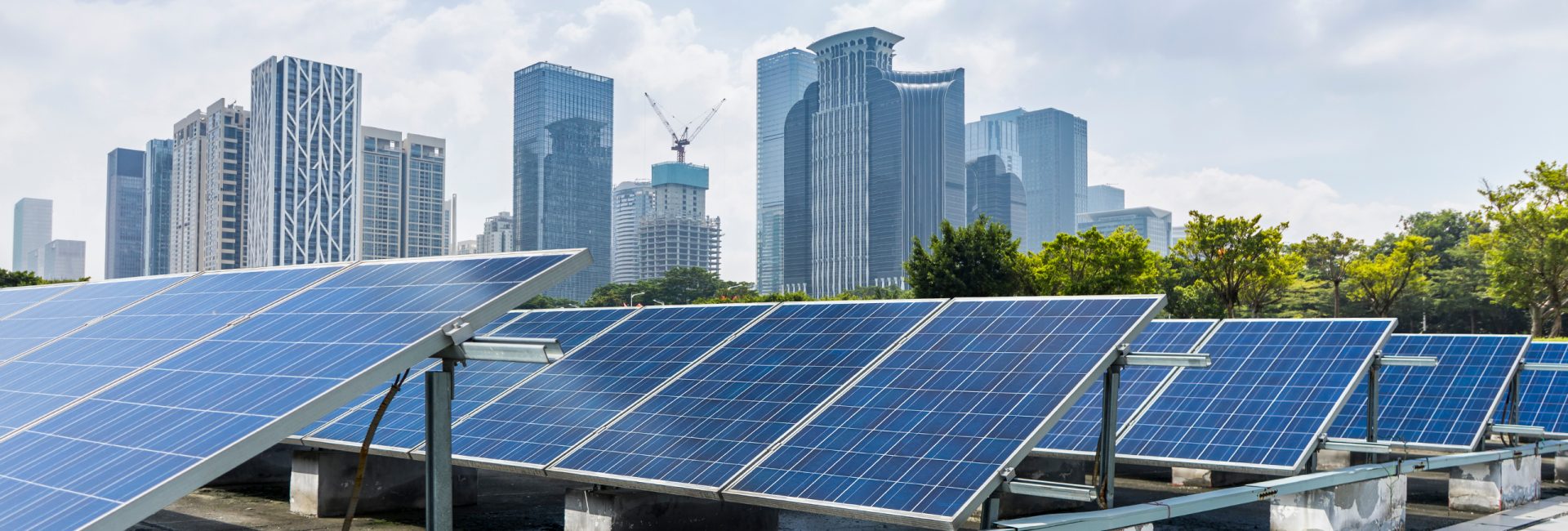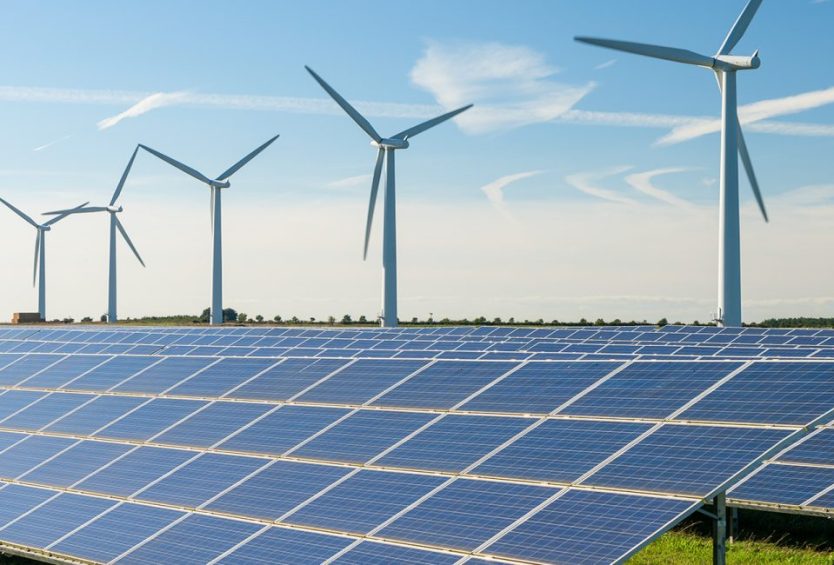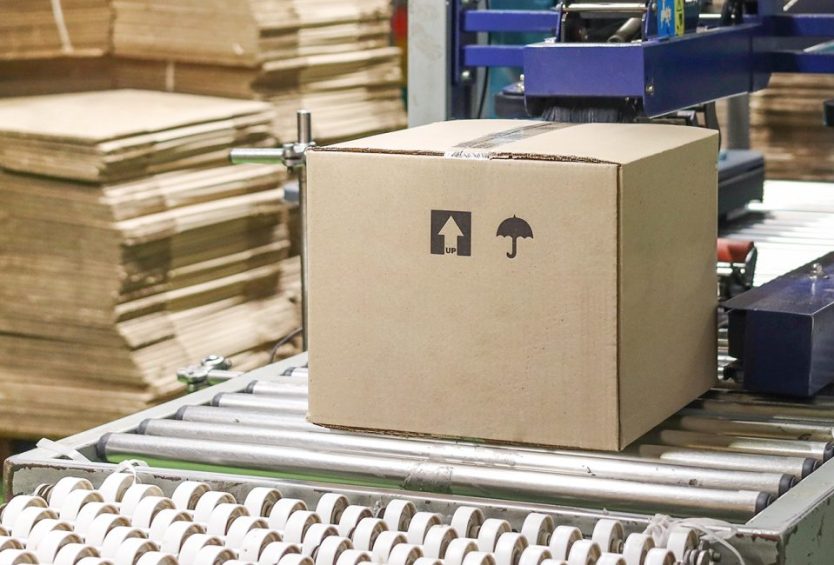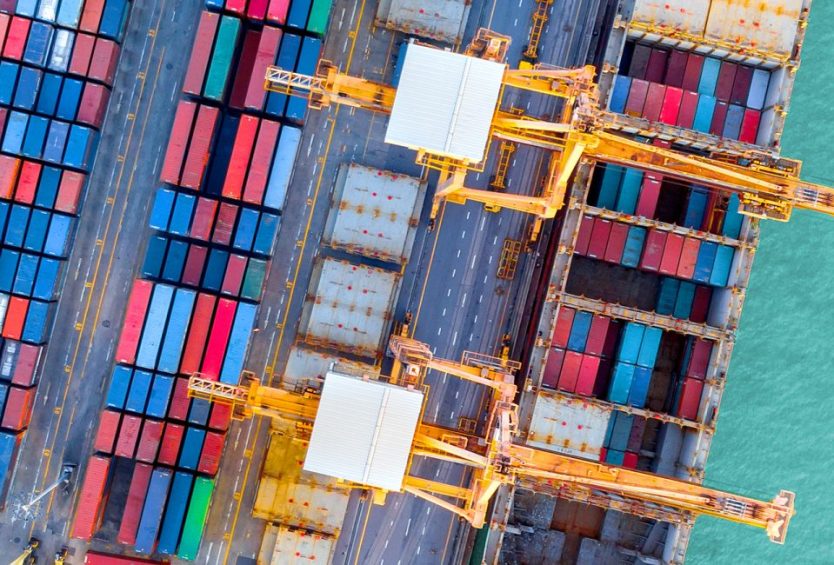What will the blue economy look like in 2030? What are the risks and opportunities that companies and investors face? For governance management, what will an effective, comprehensive management approach look like and how will technology help?
The opportunities and challenges of the green economy
The World Ocean Initiative (WOI) offers an assessment of opportunities and challenges towards a sustainable marine economy by 2030 through research and interviews with leading experts in government, business, finance and marine conservation. There are some insights into the following key challenges:
Impact of Covid-19 Pandemic
The Covid-19 crisis has had a profound impact on the marine economy. Prior to the pandemic, the OECD forecasts that by 2030 the marine economy will double in size to US$3 trillion, providing full-time employment to about 40 million people. However, after the covid-19 outbreak, areas such as shipping and commercial fishing have been severely disrupted, and tourism has been shut down.
Green finance
90% of investors and organizations are interested in funding a sustainable marine economy, but there are still a lot of challenges. For investors in long-standing sectors such as fisheries and sea shipping, the challenge is to divert funds away from activities that are harmful to society and the environment towards sustainable activities. For emerging sectors in the green economy such as marine conservation, the challenge is to attract private finance. This is not easy because nature-based activities are often considered too small, too risky, and not attractively profitable.
The data revolution
Over the next decade, satellite imagery, remote sensing, big data and artificial intelligence will generate an unprecedented amount of information about the sea, the data needed for the management of this precious ecosystem. New, advanced and modern scientific achievements have become a direct factor in promoting the sustainable development of the marine economy.
Sustainable fishery solutions
One-third of wild seafood is overfished and no longer biologically sustainable. Illegal, unreported and uncontrollable fishing is the main cause of depletion of wildlife supplies. Feed sources for aquaculture rely too much on fishing in the wild for processing and providing feed for farmed fish. Effective regulation of fisheries along with surveillance technology can help reduce illegal fishing. Aquaculture companies are working on new resources, such as insects, algae and gas fermentation. Cell-based biotechnology is being used to replace traditional products derived from animals, such as seafood; or laboratory seafood produced by tissue culture and similar to conventional livestock fisheries are promising new technologies that can bring breakthroughs to sustainable seafood markets.
Fully decarbonized shipping
For fully decarbonized transportation by 2050, a total of $1.4 million to $1.9 million is needed, primarily in the low-carbon hydrogen and ammonia development fuel supply chain. Sustainably produced hydrogen can have additional uses in a greener economy.
The impact of traveling
For most coastal resorts, cruise ships and mass travel are highly profitable, but can be damaging to the coastline. Coastal tourism development is prone to threatening marine habitats, including mangroves and coral reefs such as causing littering, noise and water pollution. Cruise ships emit air pollutants and greenhouse gases.
Tackling marine plastic pollution
Over the next 20 years, demand for plastics is expected to double. However, most plastic items that are only used once before being thrown away will pollute the environment. By 2050, there could be a greater volume of plastic than fish in the ocean.
Comprehensive approach to green economic management
To seize opportunities and overcome challenges, governments and localities need to ensure actions that balance human needs and the needs of the sea. In other words, to prosper with a green economy, it is necessary to promote community progress while optimizing the value of natural resources from the sea. Basically, the green economy strategy allows governments, provinces, cities to track and manage three trends important to the green economy:

Protection and development of marine ecosystems: Changes in the wealth of marine resources, such as mangroves, seagrass and coral reefs,…
Community Progress: The distribution of sea-related income between different groups of people (including income from fisheries or tourism to the local community)
Economic development: The contribution of sea-based economic activity
Therefore, governments, provinces and cities instead of focusing on measuring and managing indicators related to economic development (such as GDP / GRDP,…) also need to pay attention to two other important indicators: protection, development of marine ecosystems and community progress.
The holistic approach to green economic management covers three aspects: benefits for economic development, benefits for social progress, and a sustainable marine environment. This requires policy making based on science and data (especially the breakthroughs of new technology trends such as the Internet of Things (IoT), big data, artificial intelligence (AI),… bringing many new applications, new values), coordination, interdisciplinary participation in the decision-making process. Identify the necessary focus of investment in the areas: mechanisms, infrastructure, skills and services.
Indonesia’s green economic development model

The above comprehensive approach has been adopted by Indonesia. With the auspices and coordination of the World Bank, in 2021 Indonesia has launched a green economic strategy to 2030. Indonesia has more than 17,500 islands, a coastline of 108,000 km and three-quarters of its territory is the sea. The sea is necessary to Indonesia’s prosperity through economic activities, which are: fishing, farming, coastal tourism, marine construction and maritime transport. Indonesia has the world’s second-largest seafood industry worth about US$27 billion, creating 7 million jobs and meeting more than 50% of the country’s animal protein needs.
However, there are challenges to the extent and integrity of Indonesia’s marine and coastal ecosystems that, if not well managed, could undermine the potential of the marine economy. These are:
- Fishing management in Indonesia has not been optimized. In 2017, it was estimated that 38% of marine fishing was overfished.
- Human impacts are damaging coral reefs and this is exacerbated by climate change, with about a third of coral reefs now in poor condition.
- Coastal development threatens important habitats such as mangroves, with more than 50 percent of mangroves in decline.
- Plastic waste into the sea has added cost pressures to fisheries, tourism and ecosystems, with recent estimates of economic losses from plastic pollution exceeding US$10.8 billion per year in the
- Asia Pacific region alone, including more than US$450 million per year for Indonesia (APEC 2020).
- Coastal and marine tourist attractions are threatened by inadequate infrastructure and an increased number of visitors.
Indonesia’s above challenges are addressed in the green economic strategy to 2030, through five initiatives:
First: Enhance fishing management.
Second: Develop and integrate space plans.
Third: Expand marine protected areas.
Fourth: A national action plan for disposing of garbage at sea.
Fifth: An integrated and sustainable tourism development program. Green economic development will require significant investments and policy reforms based on these initiatives, divided into three categories:
(1) Policies to improve marine and coastal management: for example, ensuring compliance with space planning.
(2) Systems enhanced by data and monitoring: for example, improving the quality, integration and usability of fishing data; enhanced monitoring of the impact of tourists in hot spots; enhanced monitoring of ecosystems and implementation of space planning. These investments and policies are only most effective when applying information and telecommunications technology, especially breakthrough value from new technological advances such as IoT, big data, AI,… It will help to be more efficient, while saving costs, people, time. This will be a new tool to help green economic management achieve breakthrough effects.
(3) Funding, encouragement and investment: for example, incentive policies to improve the management of tourist flows will be easily implemented by information technology and telecommunications.
Overview of Indonesia’s comprehensive approach to green economic development is shown in the figure below, in which 53% of policies and investments are applied information technology, telecommunications as new management tools to help effectively manage:

The opportunities and challenges of the green economy require a holistic approach combined with the innovative breakthrough of advanced technologies such as IoT (sensors), big data, AI,… will help the province/city to manage easily, quickly and effectively to promote sustainable marine economy.
The approach model of the world and Indonesia is also in line with the strategy of sustainable development of Vietnam’s marine economy to 2030, as shown by the general goal: To make Vietnam a strong sea country, meeting the basic criteria for sustainable development of the marine economy, form marine ecological culture, proactively adapt to climate change, sea level rise, prevent pollution trends, degradation of marine environment, coastal and marine landslides, and restore and preserve important marine ecosystems.
Reference sources:
(1) The Economist Group. A sustainable ocean economy in 2030: Opportunities and challenges
(2) Nature Sustainability. 2020 Modifying national accounts for sustainable ocean development
(3) The World Bank. 2021 A Sustainable Ocean Economy is Key to Indonesia’s Prosperity





